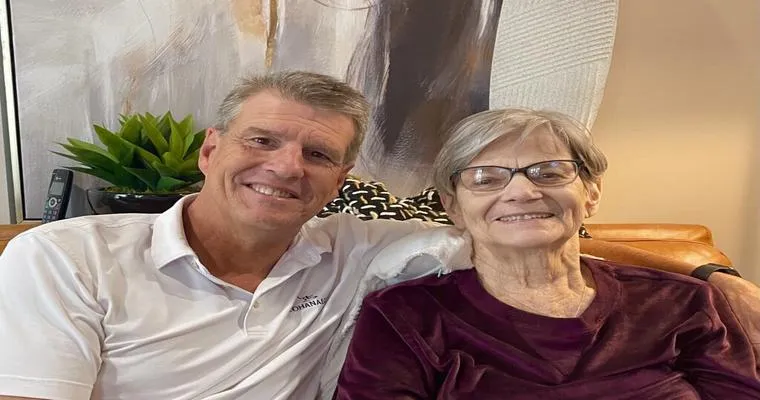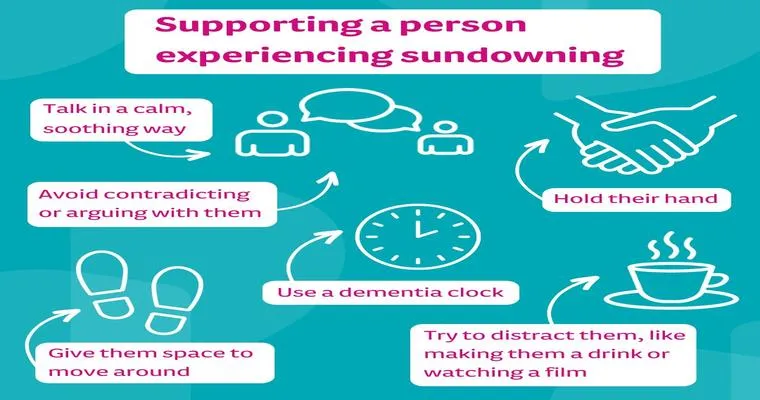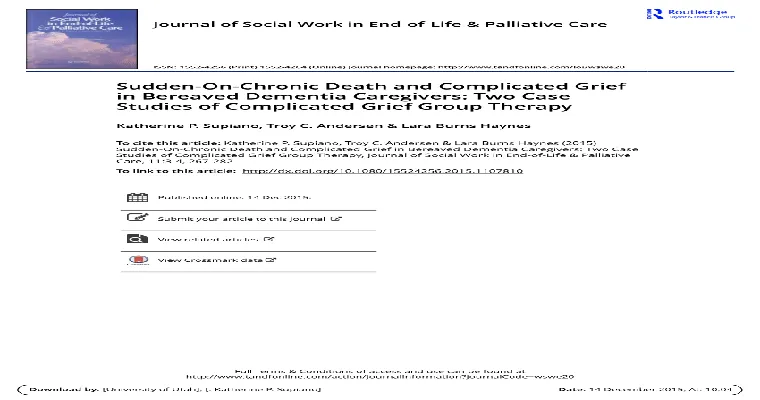Receiving a diagnosis of "dementia", particularly of the "Alzheimer’s type", can be a life-altering event for both the patient and their loved ones. Eight years ago, my dear wife was diagnosed, and since then, we have navigated the challenges that come with this progressive condition. One of the most pressing issues we face is finding effective strategies for "pain fixation" and managing "anxiety" that often accompanies Alzheimer’s disease. In this article, I will share insights and helpful resources that may resonate with others in similar situations.
Understanding the nature of Alzheimer’s is crucial. It is not just memory loss; it is a complex disorder that affects cognitive function, emotional stability, and daily living activities. As the disease progresses, individuals may experience "pain" that is often difficult to communicate. This can lead to increased "anxiety", both for the patient and their caregivers. Therefore, addressing pain and anxiety is essential for improving the quality of life for both parties.
Recognizing Pain in Alzheimer’s Patients
One of the challenges of caring for someone with Alzheimer’s is recognizing when they are in pain. Unlike typical patients, those with Alzheimer’s may struggle to articulate their discomfort. Behavioral changes, such as increased agitation or withdrawal, can be signals of underlying pain. It is important to observe these changes closely and consult healthcare professionals to identify effective pain management strategies.
Pain Management Strategies
There are several approaches to managing pain in Alzheimer’s patients. Here are some effective strategies:
1. "Medication": Consult a healthcare provider to determine the appropriate medications for pain relief. Non-opioid analgesics and certain anti-inflammatory medications may be effective.
2. "Physical Therapy": Engaging in gentle exercises or physical therapy can help alleviate pain and enhance mobility. A trained therapist can tailor a program suited to your loved one’s abilities.
3. "Alternative Therapies": Consider exploring alternative therapies such as acupuncture, massage, or aromatherapy. These methods can provide comfort and relief from discomfort.
4. "Comfort Measures": Ensure your loved one is comfortable in their environment. This includes proper seating, bedding, and temperature control to reduce physical strain.
Managing Anxiety
Alongside pain, anxiety is a common issue for individuals with Alzheimer’s. Here are some ways to help manage anxiety effectively:
1. "Routine": Establishing a predictable daily routine can provide a sense of security and reduce anxiety levels. Familiarity can be calming for someone with cognitive impairments.
2. "Reassurance": Offer verbal and physical reassurance. Simple gestures like holding hands or gentle touches can be comforting and help alleviate feelings of anxiety.
3. "Mindfulness Techniques": Introduce mindfulness or relaxation techniques, such as deep breathing exercises or soft music, to create a calming atmosphere.
4. "Engagement": Keep your loved one engaged in activities they enjoy. Whether it's gardening, painting, or listening to music, keeping their mind occupied can help distract from anxiety.
Seeking Support
Caring for a loved one with Alzheimer’s can be emotionally draining. It is vital to seek support for yourself as well. Joining support groups, whether in person or online, can provide valuable insights and a sense of community. Sharing experiences with others who understand the challenges can be incredibly beneficial.
Conclusion
Navigating life with a partner diagnosed with "Alzheimer’s dementia" requires patience, understanding, and a commitment to finding ways to manage "pain fixation" and "anxiety". By employing effective pain management strategies and addressing anxiety through routine and reassurance, we can enhance the quality of life for our loved ones. Remember, you are not alone in this journey, and seeking support is an essential step toward coping with the challenges ahead. Together, we can create a more comforting and peaceful environment for those we cherish.





